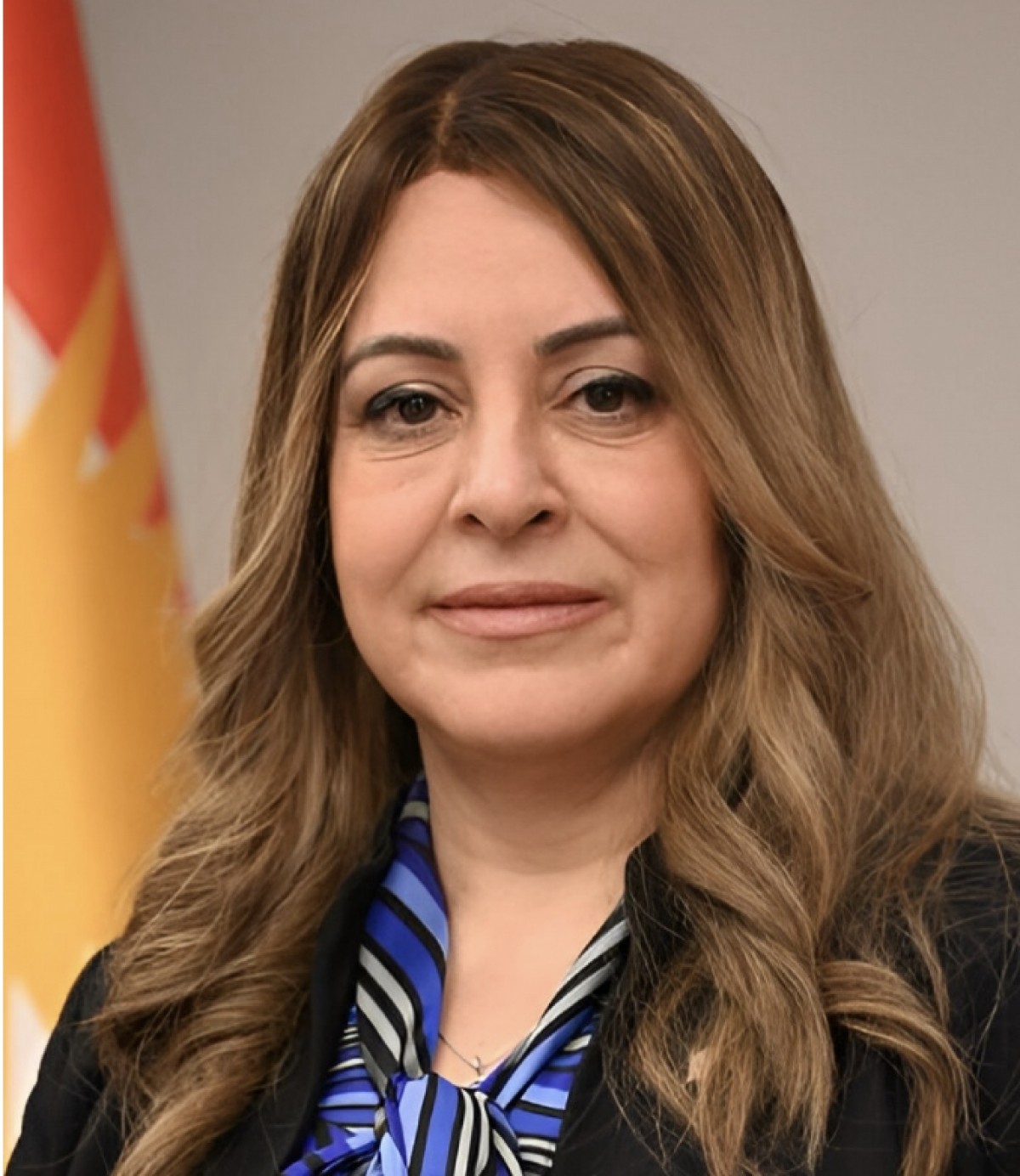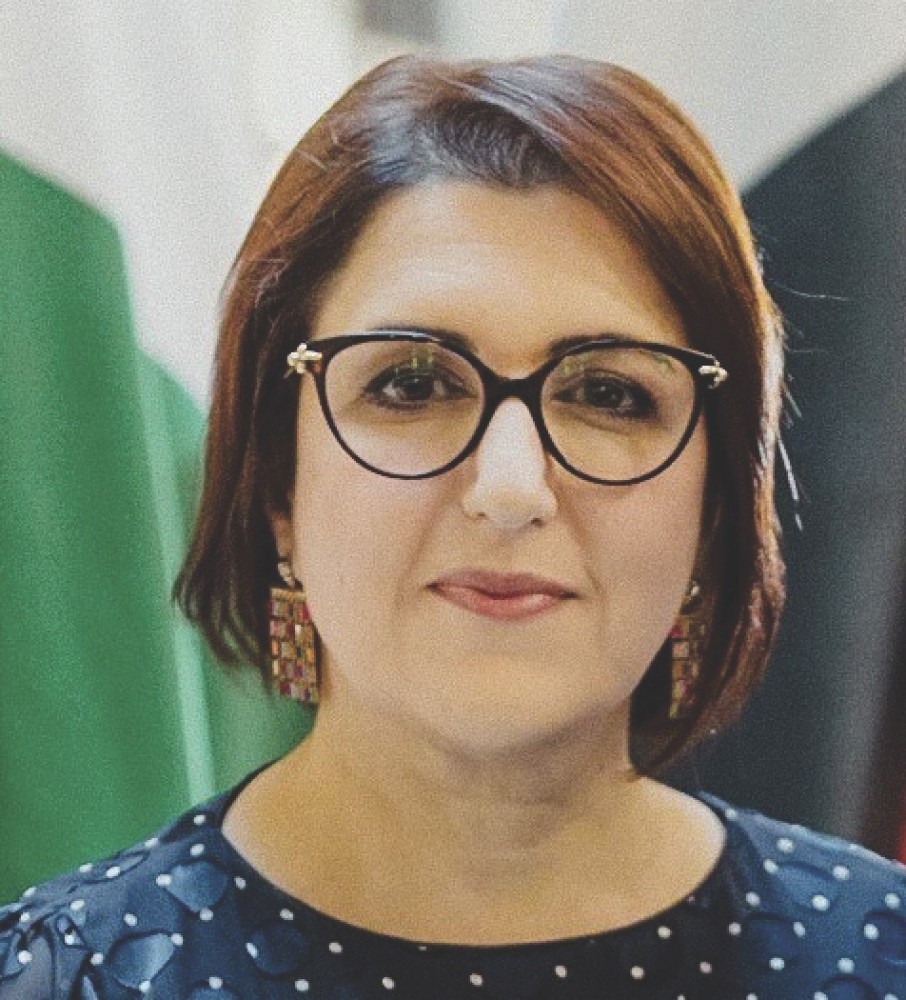The Kurdistan Region of Iraq is gearing up for a pivotal national election in October. This election is not just a routine political exercise but a significant milestone that will test the resilience of democracy and the rule of law in a region facing multiple challenges, both internally and externally.
Regionally, the Kurdistan Region of Iraq finds itself in a precarious position, balancing relationships with neighboring powers, each with its own interests and influences. The ongoing conflict between regional powers, particularly exacerbated by the recent Gaza-Israel war that erupted on October 7, has added another layer of complexity to the political environment. Internationally, the region continues to navigate its ties with global powers, striving to maintain autonomy while also securing necessary support and recognition.
Domestically, the relationship between the Kurdistan Regional Government (KRG) and the federal government in Baghdad remains a central and contentious issue. The majority of the challenges currently facing the Kurdistan Region are rooted in this fraught relationship, particularly the ongoing difficulties in implementing the Iraqi constitution of 2005.
Although this constitution was overwhelmingly approved by the Iraqi people, its full implementation has been consistently obstructed by various factors, most notably the influence of powerful militias within Iraq. These militias, often backed by regional or sectarian interests, pose a significant challenge to the authority of the federal government and, by extension, to the KRG's efforts to secure the rights and autonomy guaranteed by the constitution.
One of the most pressing issues stemming from this strained relationship is the persistent problem of salary payments for government employees in the Kurdistan Region. Every month, obstacles—often created by external forces—delay the disbursement of salaries, causing significant hardship for thousands of workers. Recently, these militias have escalated their tactics by threatening oil fields within the Kurdistan Region, an act of aggression that underscores the volatile and hostile environment in which the KRG operates.
Amidst these challenges, the election in October is therefore seen as a crucial opportunity for the Kurdistan Region to assert its democratic principles and push for greater adherence to the rule of law. It will serve as a litmus test for the region's ability to navigate its complex political landscape, manage internal divisions, and engage constructively with Baghdad. Moreover, the election will be a reflection of the KRG's commitment to advancing democracy, not just as a political ideal, but as a practical means of addressing the region's challenges.
As the Kurdistan Region moves closer to the election, the outcome will have significant implications for its future. A successful election would strengthen the KRG's hand in negotiations with Baghdad, provide a mandate for addressing internal issues, and reinforce the region's democratic credentials on the international stage.
Kurdistan Chronicle Issue 18
In this issue of the Kurdistan Chronicle, a diverse collection of insightful articles from various authors explores different facets of Kurdish culture and society. Notable among them is an article on Germany's support for the Peshmerga, highlighting how the Peshmerga has been a crucial ally to Western nations over the past decades. Another significant piece commemorates the 78th anniversary of the Kurdistan Democratic Party (KDP). Written by a renowned Turkish sociologist, it emphasizes the importance of the KDP, not only as the first Kurdish national party in history but also as a symbol of hope for Kurds across Greater Kurdistan.
Additionally, Sardar Sattar provides an in-depth analysis of a UNDP report, shedding light on the significant strides the Kurdistan Region has made in combating corruption. This report, produced by a prominent international organization, underscores the Kurdistan Region's growing recognition and credibility on the global stage.
These articles, along with other contributions in this issue from a wide array of writers and thinkers, offer unique and profound perspectives that celebrate the dynamic spirit, rich cultural heritage, and intellectual vibrancy of the Kurdish people.
Dr. Marewan Hawramy is the Co-publisher of Kurdistan Chronicle.

